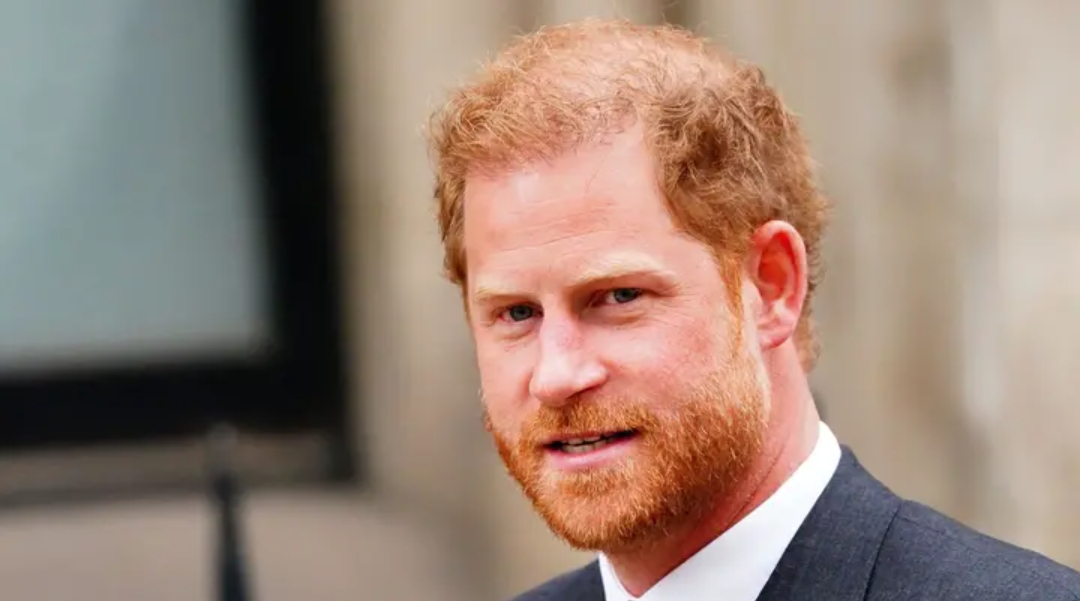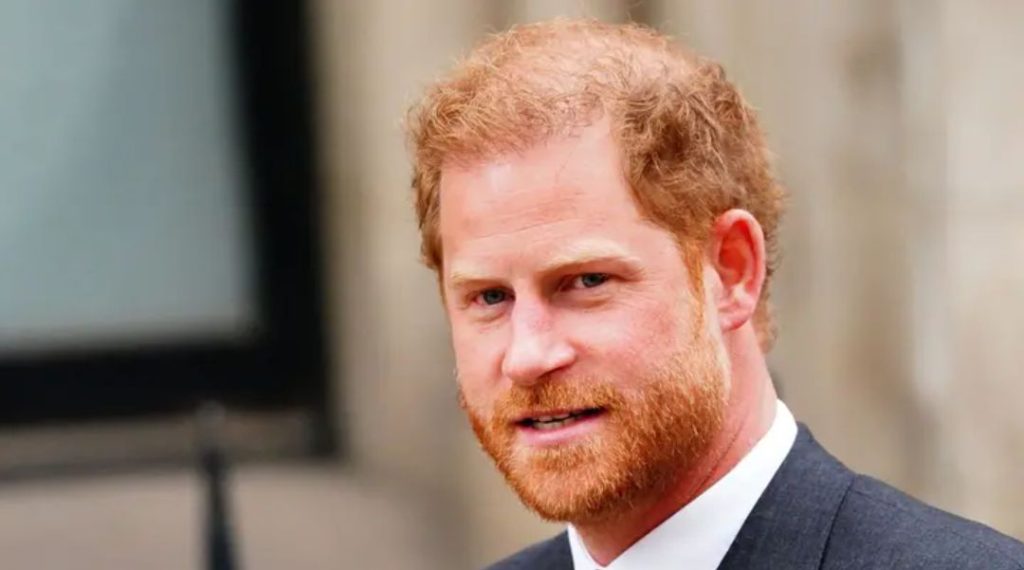
Prince Harry has lost his legal bid to challenge the UK government over its refusal to allow him to pay for police protection while in the UK. The Duke of Sussex was seeking permission to bring a judicial review over the decision of the Royal and VIP Executive Committee (Ravec), which deals with the protection of royalty and public figures. His lawyers argued that the decision was unlawful, irrational and procedurally unfair.

Prince Harry, who stepped down as a senior working royal in 2020 and moved to the US with his wife Meghan Markle and their two children, Archie and Lilibet, was stripped of the police security usually afforded to royal figures in the UK after his change of status. He offered to pay privately for his protection, but his offer was rejected by Ravec, which said that allowing private funding would undermine public confidence and reduce the availability of a limited specialist resource.
According to a report by Express, Prince Harry’s lawyers claimed that Ravec had exceeded its authority and power, and that it had failed to consider the impact that an attack on the duke would have on the UK’s reputation and international relations. They also said that Ravec had acted inconsistently and discriminated against the duke, who was treated less favourably than other royals and public figures who were allowed to pay for police protection.
They cited the examples of Prince Andrew, who was allowed to pay for his security after he stepped back from public duties following his controversial interview about his friendship with Jeffrey Epstein, and former prime ministers Tony Blair and David Cameron, who were allowed to pay for their security after they left office.
They also argued that Ravec’s decision was procedurally unfair, as Prince Harry was not given an opportunity to make representations before the decision was taken, and that he was not informed of the existence or composition of Ravec, which included members of the royal household. They said that the duke believed that the decision was independent and made by the Home Office alone.
However, the High Court rejected Prince Harry’s arguments and refused to grant him permission to bring a judicial review over Ravec’s decision. Mr Justice Chamberlain, who delivered the written judgment, said that Ravec’s reasoning was narrowly confined to the protective security services that fall within its remit, and that there was nothing irrational in its reasoning. He said that Ravec had policy reasons why those services should not be made available for payment, even though others were.
He also said that Ravec’s decision was not inconsistent or discriminatory, as there were material differences between Prince Harry’s case and the other cases cited by his lawyers. He said that Prince Andrew’s case was exceptional and temporary, and that former prime ministers’ cases involved different types of security services. He said that Prince Harry was not unjustifiably treated less favourably than others.
He further said that Ravec’s decision was not procedurally unfair, as Prince Harry had no legitimate expectation to be consulted or informed before the decision was taken, and that his representations would have made no substantial difference in any event. He said that Ravec was entitled to take the decision without involving Prince Harry, and that the decision was not tainted by bias or conflict of interest.




